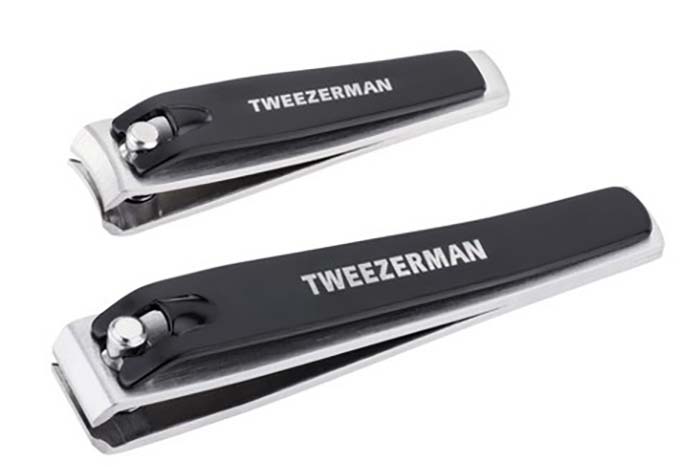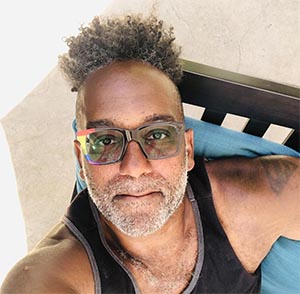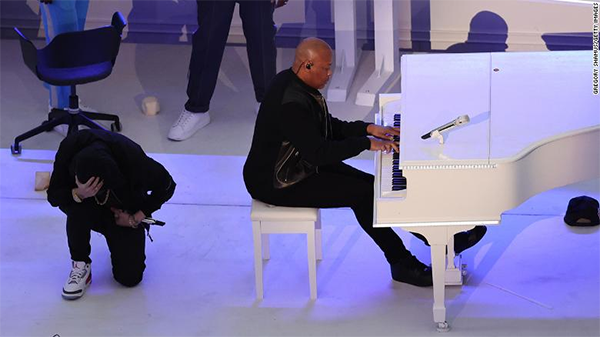
Who knew that a fingernail clipper could be a symbol of mental health?
Late last week, I broke a fingernail.
On the surface, that appears to be the weakest lede of any story I’ve ever written. But before you scroll on by, understand that the breaking of that fingernail, on my pinky finger of my right hand, was a major event. It was the first time in my life that I’ve ever broken one.
That finger, along with the nine other digits that accompany it, had never grown nails. Well, to be accurate, they’ve grown, but I used to tear or bite the nails off before they ever got close to extending past my fingertips or run the risk of breaking.
In fact, I used to bite my fingernails almost down to the cuticle, ’til those aforementioned fingertips bled. That’s what anxiety can do to a kid. And my nail-biting habit persisted well into adulthood.
When that fingernail broke last week, I realized that I had not been chewing for weeks prior to that. For the first time in my life, my nails were extending past my fingertips.
As it turns out, I’d not bitten that nail or any of the others since mid-summer, when I finally decided to draw a line in the sand and set boundaries with members of my family of birth who have been unintentional (I hope) yet relentless sources of stress and anxiety. I’d travelled back to my native Detroit, and realized in interacting with some of the fam face-to-face that I’ve outgrown said fam members and said fam member’s DRAMA. So the breaking of that single, small fingernail was a sign that I’d freed myself of the shackles of other people’s stuff and the resulting stress and anxiety that it had caused me for decades.
I’d learned to practice, as Mariah Carey beautifully sang a few years ago, “the art of letting go.” It’s not easy to do, but if I know anything for sure, I know that nothing worth doing is easy. And you owe it to yourself to do it — whatever your “it” is.
My former nail biting has a clinical term: onychophagia. It is common among people who manage stress and anxiety, and can be associated with mental health conditions like attention deficit hyperactivity disorder (ADHD), major depressive disorder (MDD), obsessive-compulsive disorder (OCD), oppositional defiant disorder, separation anxiety disorder, and Tourette syndrome.
That kind of stuff has become almost like small talk for me over the last year, as I’ve begun work helping to develop a phenomenal virtual platform called Brother Be Well, where “we aim to reduce disparities, remove stigma, heal trauma, and end prolonged suffering. We deliver Prevention and Early Intervention (PEI) education while increasing mental health awareness toward healing, treatment, and linkages to care.”
Read freelance writer MPC’s full column, and learn all about the new Brother Be Well.

Michael P Coleman is a Sacramento based freelance writer who has his eye on the Pulitzer Prize. Connect with him at michaelpcoleman.com or follow his blog, his IG and his Twitter.




